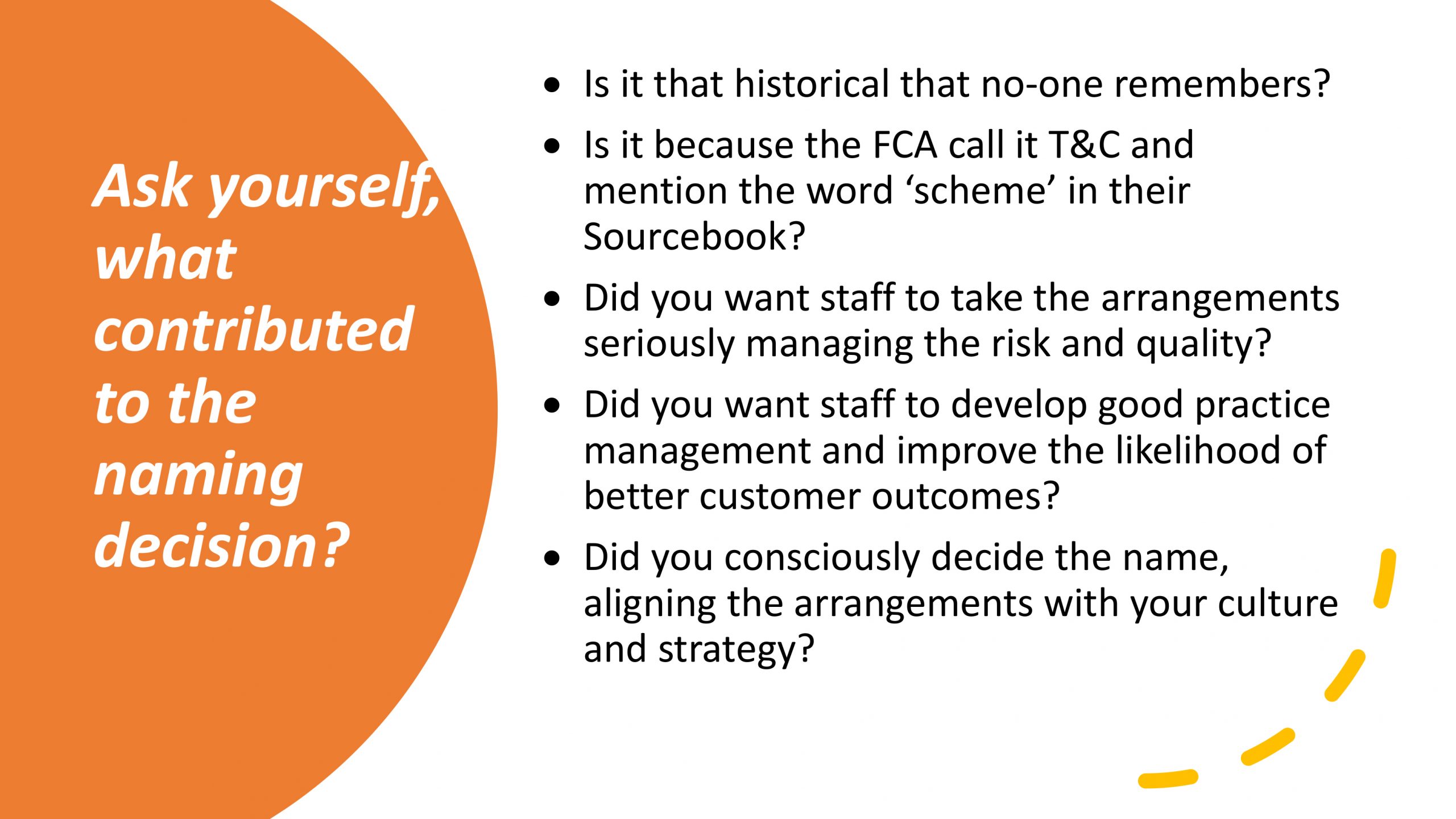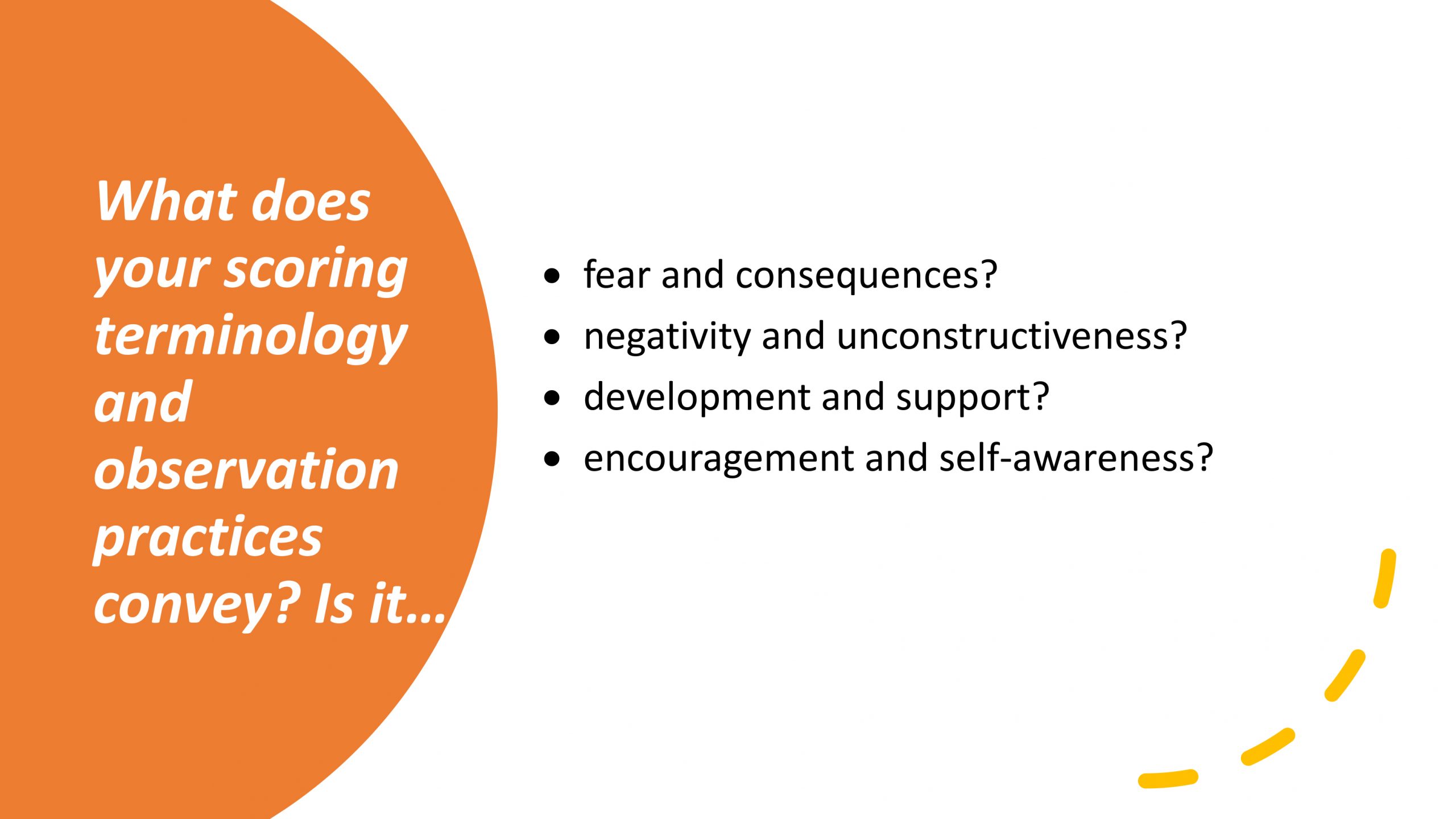The short answer is a lot. For those that have read Romeo and Juliet you will remember that Juliet is not allowed to associate with Romeo because he is a Montague. She complains that his name is meaningless and if he had a different name he would be the same man. So, what is so special about a name…?
Often, the first piece of information we have about an individual is their name, from which we form judgements very quickly. This information can make you inclined to think in a positive or negative way, setting the future direction.
Now, I am not a communications expert; however, I recognise the immense power of language and the importance of thinking carefully when making naming decisions. The simplicity of a name can determine various outcomes as can psychology. We hold associations with certain words and names.
Competence is not ‘tick-box’. Nor is the customer experience you aspire to deliver through your people
In Financial Services we like to put a label on things, whether that be a policy, process, or system. The regulator is the same, just take a deep dive into the FCA Handbook.
In the world of Training and Competence (T&C) the names and labels used can significantly impact perception and desire to deliver tangible results. Whether that be the call scoring categories you use or what the system is called where activities are recorded.
What do you call your documented arrangements? Is it a T&C Scheme, Competency Framework, T&C Policy, Development Programme, Management Framework, People Policy, Quality Process, or some other permutation?
Recently, I undertook a review and evaluation of a T&C scheme. Part of the review included asking those in scope their thoughts and views. How did they view the Scheme? Why did they think the arrangements were in place? What did it achieve? Interestingly, the scheme was viewed as a ‘tick-box’ exercise designed to keep the organisation in business. It wasn’t just the name of the arrangements that led to these views, it was also the underlying activities and accompanying tone of voice.
Competence is not ‘tick-box’. Nor is the customer experience you aspire to deliver through your people. Building trust and a differentiated customer experience requires a staff skill set of technical expertise as well as cognitive and adaptable behaviours. To achieve this, firms need a T&C strategy in place which is designed to deliver competencies supported by an appropriate tone of voice.
How do staff view your arrangements? Is a review required?
Call scoring and the names attributed to the results can be a very emotive subject, especially for the individual. Again, a myriad of naming conventions exists across the sector. ‘Fair, fair with development, unfair’, ‘competent, competent with development, not competent’, ‘achieving, developing, below’, ‘red, amber, green’, ‘1, 2, 3’ ….and other combinations.
Why should you care?
You need to care. Will staff who worry about consequences positively and enthusiastically apply your policy and process in their customer interactions? Will they think ‘outside the box’ and strive to make that special effort for customers?
Diverse, well-motivated and competent staff means better decision making and innovation. It means a consistently delivered customer experience, an advantage in the market. Inspired and confident staff strive to resolve issues and work collaboratively.
I’m not saying that simply choosing fantastic names for all your T&C arrangements will guarantee success. As you know there’s a lot more to it than that! However, names and labels do influence how your arrangements are perceived. They set the tone for the desired outcomes. And they influence the results.
What results do you want?
Now I’d like to hear from you:
Do you agree that the names you attribute to your T&C arrangements influence the results you achieve? Do your arrangements drive a ‘tick-box’ approach? What are the naming conventions you use that drive a positive staff experience?
About the Author
Lynne Hargreaves is the Director at ClearStep Consulting.
ClearStep specialises in the interpretation of FCA regulations and the impacts on people. This includes the design and development of TC frameworks, competence training and assessment and consultancy support for the Certification Regime and Code of Conduct.






